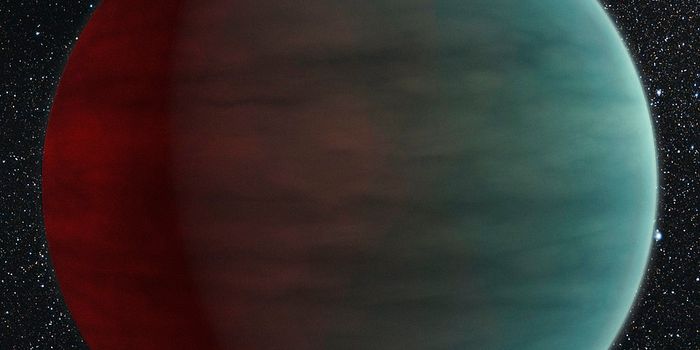New Discovery Casts Origin of Milky Way into Doubt
A detailed cross-section of another galaxy, known as YGC 10738, has cast previous ideas of how the Milky Way was formed into doubt.
Previously, researchers had supposed that the Milky Way came into being from a freak accident involving a violent mash-up between two galaxies. This, they thought, explained the Milky Way’s thin and thick disks. New research however shows that the Milky Way’s formation may be more typical than previously thought and that Milky Way-type galaxies are likely very common.
For the research, the scientists used the European Southern Observatory’s Very Large Telescope in Chile to observe UGC 10738, located 320 million light-years away. Then, using an instrument known as the multi-unit spectroscopic explorer, or MUSE, they were able to assess the metal ratios of stars in its thick and thin disks.
In doing so, they found that these ratios were practically the same as those in the Milky Way, with ancient stars in the thick disk and younger ones in the thin one. This, say the researchers is relatively strong evidence that the Milky Way formed in a similar way to UG 10738, although they are investigating other galaxies too to verify their findings.
"This is an important step forward in understanding how disk galaxies assembled long ago.” says Ken Freeman, co-author of the study. “We know a lot about how the Milky Way formed, but there was always the worry that the Milky Way is not a typical spiral galaxy. Now we can see that the Milky Way's formation is fairly typical of how other disk galaxies were assembled".
These findings also mean that detailed observations of the Milky Way may be used as proxies for more distant galaxies, thus helping scientists improve our knowledge of the Universe beyond our solar system.
Sources: EurekAlert, The Astrophysical Journal Letters









